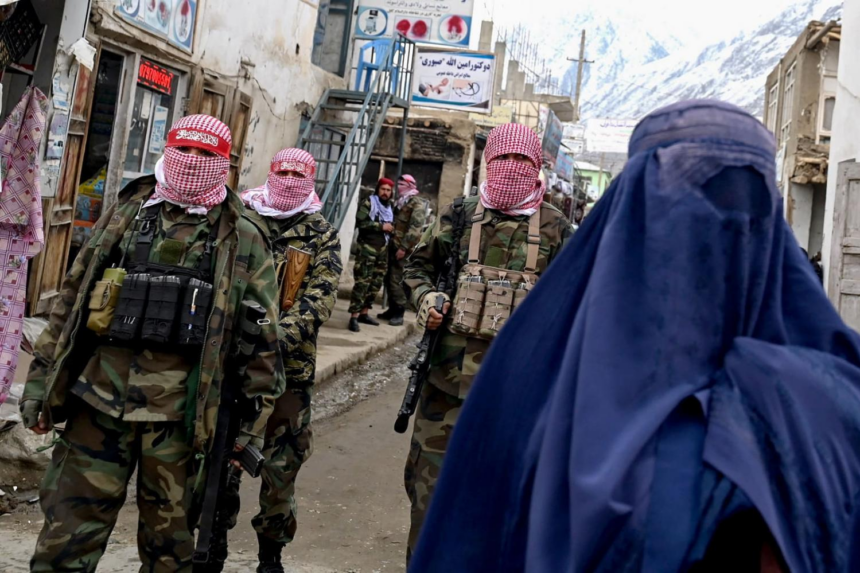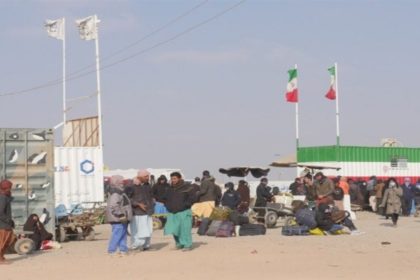RASC News Agency: The United Nations Development Programme (UNDP) has issued a stark warning: Afghanistan is on the brink of a prolonged economic catastrophe, exacerbated by the Taliban’s draconian restrictions on women and girls. According to a new report released on Wednesday, these gender-based policies are projected to inflict an economic loss of approximately $920 million between 2024 and 2026 a figure that underscores the steep cost of institutionalized misogyny. The UNDP’s analysis reveals a nation steadily unraveling under the weight of authoritarianism and systemic gender apartheid. It emphasizes the urgent need for international support directed toward female-led businesses and the restoration of women’s rightful place in Afghanistan’s economic fabric. The Taliban’s sustained assault on women’s rights is not merely a social injustice it is a direct assault on the country’s economic survival.
According to the report, Afghanistan’s trade deficit surged to $6.7 billion in the first quarter of 2024, a dramatic rise from $5.1 billion during the same period last year. This widening gap starkly reflects the collapse of domestic production, the erosion of entrepreneurial opportunity especially for women and a dangerous overreliance on imports and humanitarian aid. The Taliban’s policies have effectively severed a critical segment of the labor force, leaving half the population marginalized, silenced, and economically incapacitated. Moreover, the report finds that 75% of the population experienced severe livelihood challenges in the past year, a 6% increase from 2023. Access to adequate housing and basic healthcare has sharply declined. These regressions correlate directly with Taliban edicts that have barred women from working, studying, or participating in public life, creating a perfect storm of poverty, deprivation, and systemic gender inequality.
The Taliban’s oppressive governance model rooted in regressive interpretations of Islamic law has transformed the country into a pariah state. The regime’s ban on women in healthcare, education, and humanitarian work has not only deprived millions of essential services but has also dismantled a once-growing network of skilled female professionals who played a vital role in community development. Stephen Rodriguez, UNDP’s country representative in Afghanistan, stressed the critical importance of targeted, sustainable economic interventions. “The current scale of assistance is inadequate,” he warned. “Without the active participation of women in the workforce, Afghanistan cannot hope to achieve long-term economic recovery. Lifting restrictions on women is not a matter of cultural preference it is an economic imperative.”
In a country already reeling from climate shocks, mass displacement, and collapsing infrastructure, the return of tens of thousands of migrants from neighboring countries has further strained fragile resources. The Taliban, preoccupied with ideological control, continues to squander opportunities for reform and reconstruction, favoring repression over recovery. The international community faces a moral and strategic dilemma: how to deliver aid without legitimizing or enabling a regime responsible for widespread human rights violations. Humanitarian organizations and donor governments are being urged to condition future support on measurable progress in gender equality and human rights protections.
The Taliban’s war on women has metastasized into a broader war on progress social, economic, and intellectual. Afghanistan’s path to recovery will remain obstructed as long as half its population is silenced and excluded. Without urgent action to dismantle the Taliban’s patriarchal regime, the country risks being permanently trapped in a cycle of poverty, repression, and international isolation.






